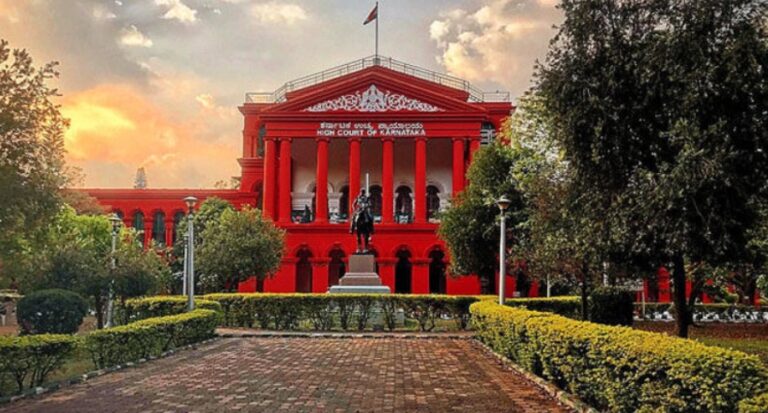Introduction
The Karnataka High Court in the case of DCIT v. Biesse India Pvt. Ltd. (WA No.1619 of 2024, decided on 5 August 2025) dealt with the issue of delay in passing an order giving effect (OGE) to an Income Tax Appellate Tribunal (ITAT) order. The Court examined whether such an order, passed beyond the statutory time limit under section 153(5) of the Income-tax Act, 1961, could stand in law. The Division Bench held that once the time-bar prescribed under section 153(5) had lapsed, any belated order of the Assessing Officer was without jurisdiction. Consequently, the assessee’s entitlement to refund as per the Tribunal’s decision could not be denied, and interest under section 244A was also justified. This judgment reiterates the principle that statutory timelines under the Income-tax Act are mandatory and departmental delays cannot prejudice the taxpayer.
Facts
- Assessee (Biesse India Pvt. Ltd.) contested transfer-pricing adjustments for AY 2012–13. The ITAT partly allowed the assessee’s appeal by order dated 07.07.2017 and directed recomputation, which resulted in a refund entitlement of ₹4,73,27,390.
- The assessee applied for refund on 01.12.2022. The Assessing Officer passed an “order giving effect” (OGE) on 23.08.2023 (which the assessee said was passed after the statutory time-limit under s.153). The AO did not process payment in time and the assessee filed writ seeking refund + interest.
Legal issues
- Whether the order giving effect (OGE) dated 23.08.2023 was time-barred because it was passed beyond the time-limit under section 153(5) (post-Finance Act, 2016 regime).
- If OGE is time-barred, whether the assessee is entitled to refund and interest under section 244A(1)(b) and additional interest under section 244A(1A).
Court’s decision (Division Bench, 5 Aug 2025)
- The Bench held that the post-2016 amendment regime (i.e. s.153(5)) applied because the assessment order in question was passed on 31.01.2017 (so sub-s.153(9) exception did not apply). Therefore the AO was obliged to pass the OGE within the 3-month window fixed by s.153(5).
- Since the OGE was passed on 23.08.2023, beyond the s.153(5) timeframe, the OGE was declared time-barred. Consequential relief followed: the Single Judge’s order (which had set aside the late OGE and directed the refund with interest) was upheld — the writ appeal by revenue was dismissed. The assessee was entitled to the refund of ₹4,73,27,390 with interest under s.244A (including additional interest under s.244A(1A) where applicable).
Ratio / Practical points
- Where the assessment/related proceedings fall under the post-Finance Act, 2016 regime (i.e. assessment date after 1-6-2016 so s.153(9) does not save the revenue), the statutory 3-month limit under s.153(5) to pass an OGE after receipt of Tribunal order applies. A belated OGE can be struck down as time-barred.
-
If an OGE is time-barred and the assessee qualifies for refund, interest under s.244A(1)(b) (and additional 3% interest under s.244A(1A) where the delay runs beyond the s.153(5) expiry) can be awarded. This line of Karnataka HC authority is consistent with other HC/tribunal decisions awarding additional interest where delay is attributable to the department.
